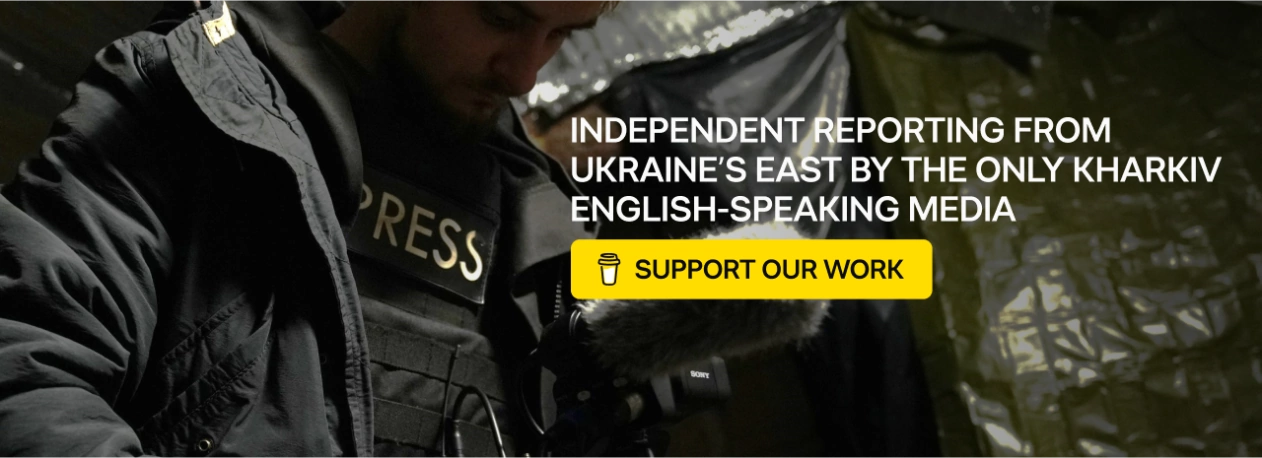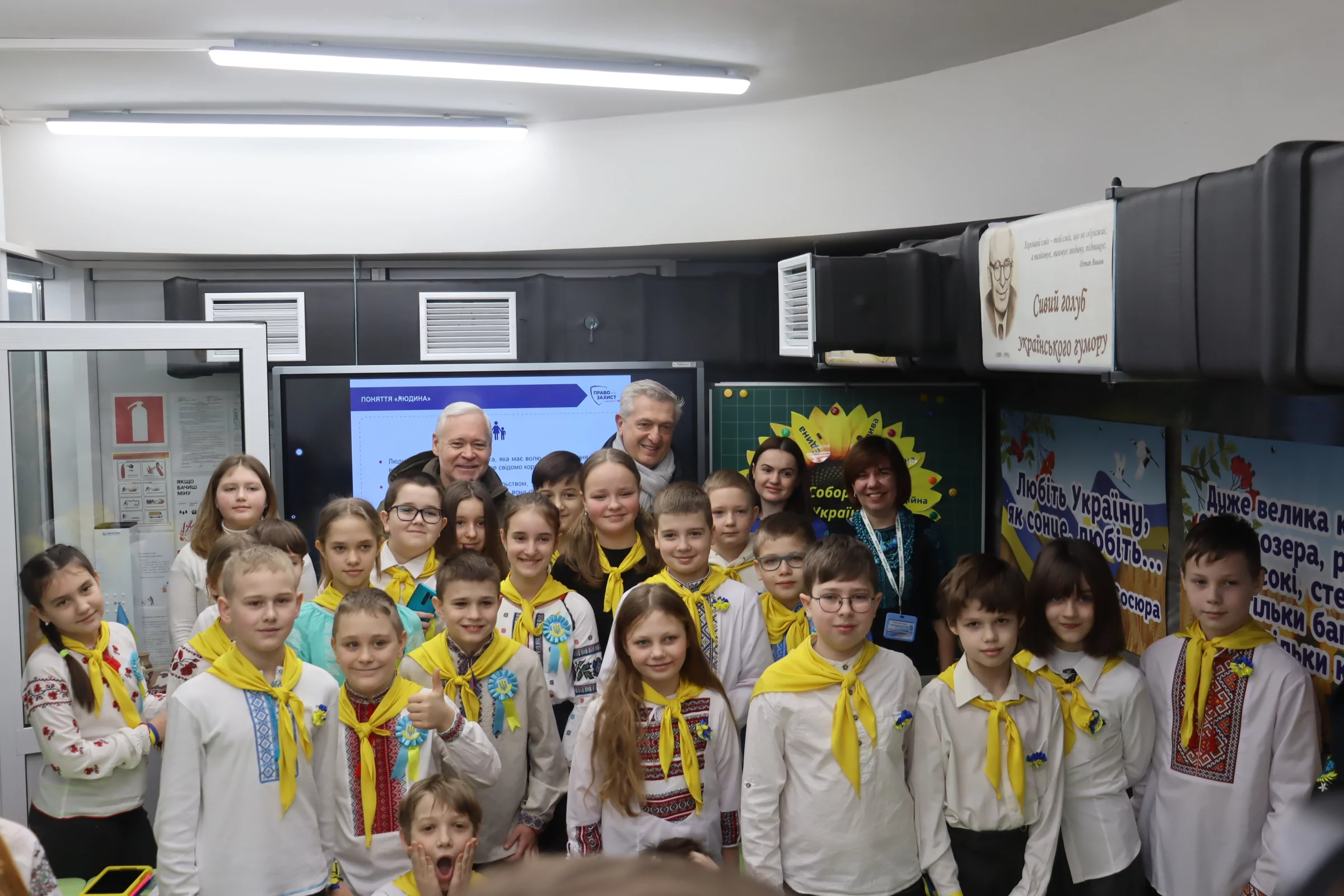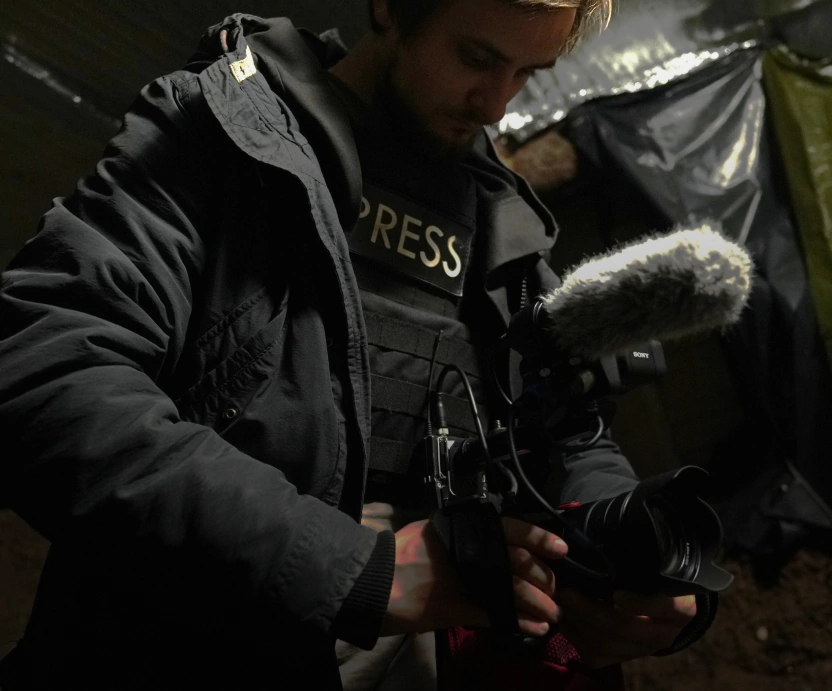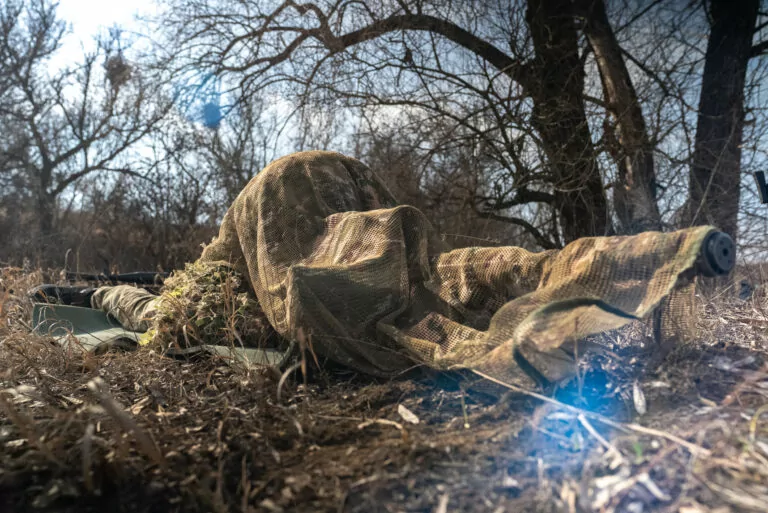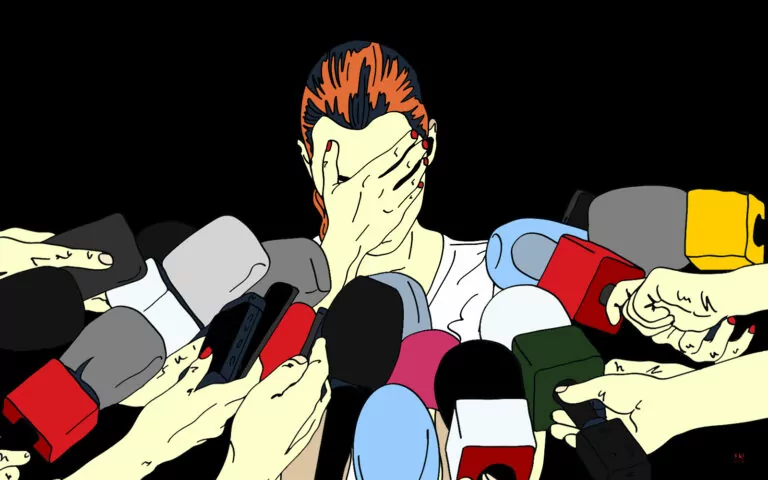UKRAINE, KHARKIV, Jan 22 — Filippo Grandi, the UN High Commissioner for Refugees, spent time in the school in the Kharkiv metro system during his visit to the city. He noted that the school is an effective symbol of Ukrainian resilience.
During a press conference, Grandi said, “I just noted that I have two impressions about metro school: first of all, it’s fantastic that you were able to do that. For me, it’s a very effective symbol [that] Ukrainian country is unbowed. When we asked these children what rights they have, the first thing they said was, “The right to study.” But that’s not a normal situation when the war interrupted a normal cycle of life, and children can’t study in regular schools.”
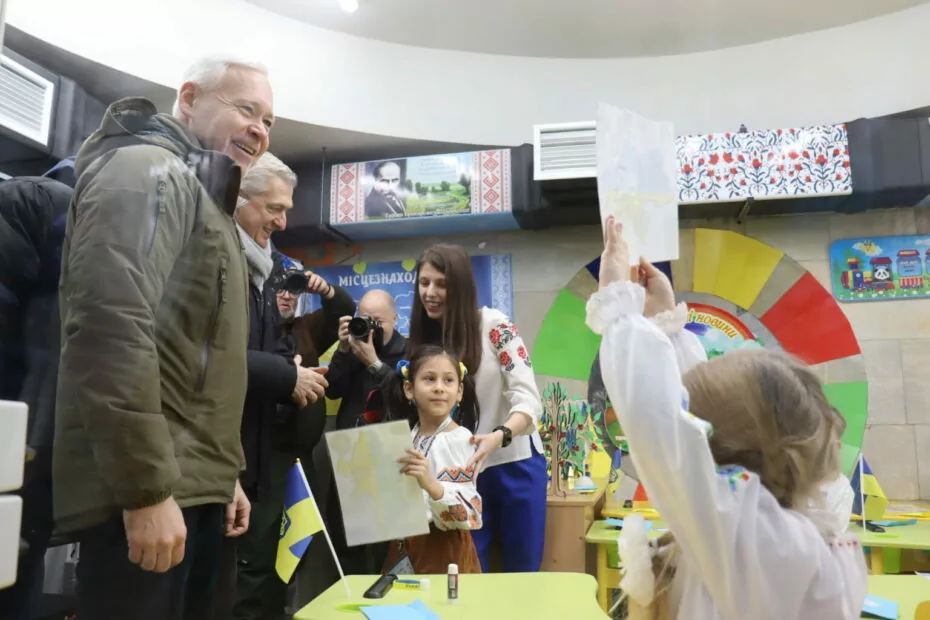
Kharkiv underground school
On September 4, the first day of the school year, Kharkiv metro school opened — more than a thousand pupils attended their lessons offline. The lessons are held underground because of the risk of Russian shelling.
Read more: Prosecutor General: 520 Children Killed in Ukraine Due to Russian Invasion
First-graders started their classes in the first shift from 9 AM till 12 AM. They were training to write, learn literature, paint, and do other interactive activities. Middle school students studied Ukrainian language, literature, math, and history. The second shift lasted from 1 PM to 4 PM.
Kharkiv pupils study at five underground stations of the Kharkiv metro system: Peremoha, Universytet, Metrobudivnykiv, Traktornyi Zavod, and Akademika Pavlova.
